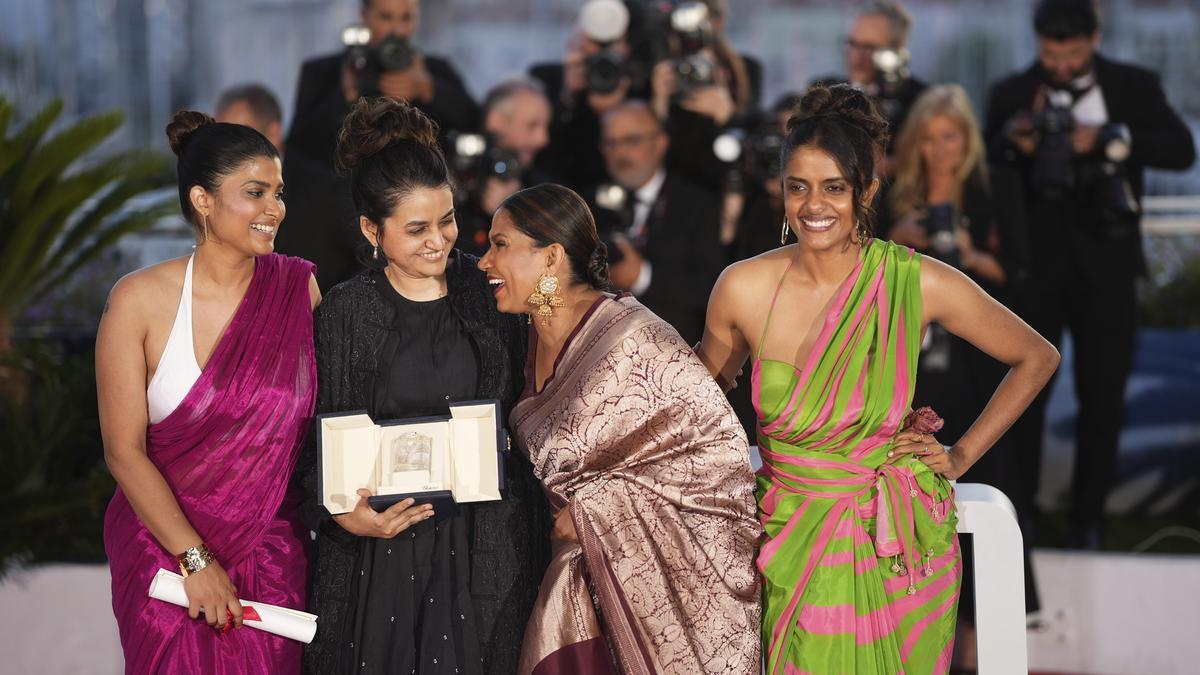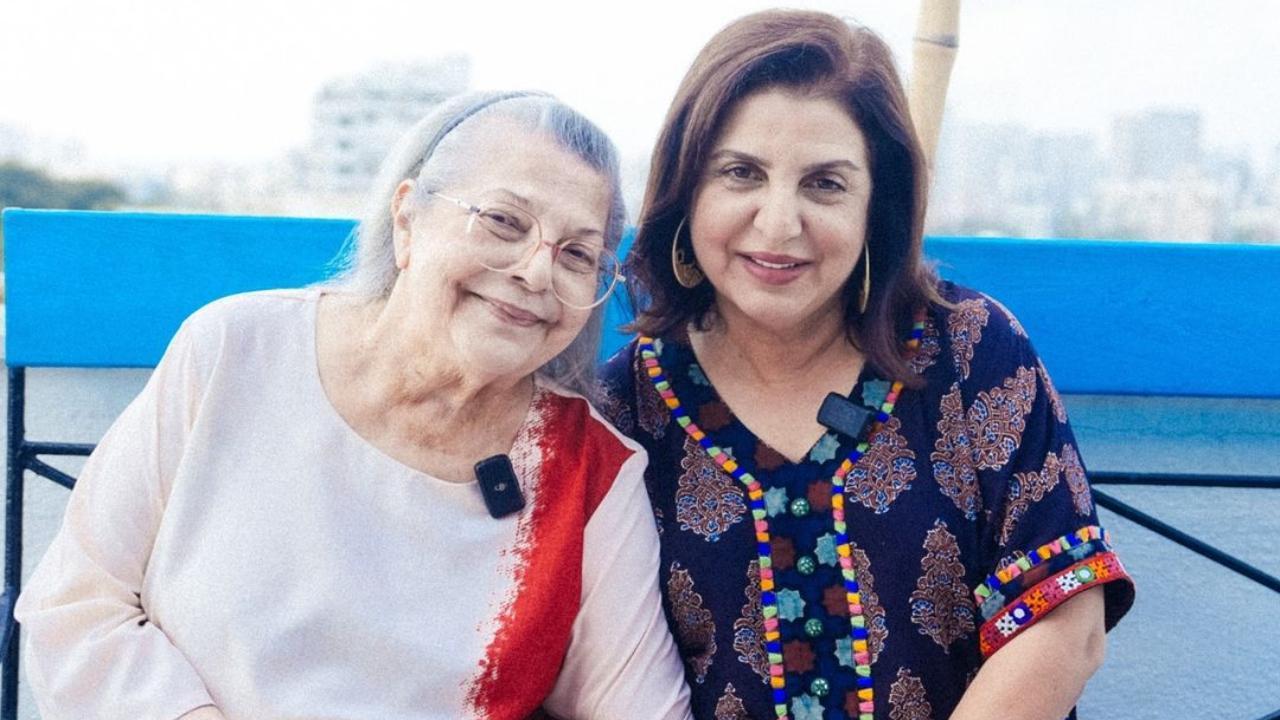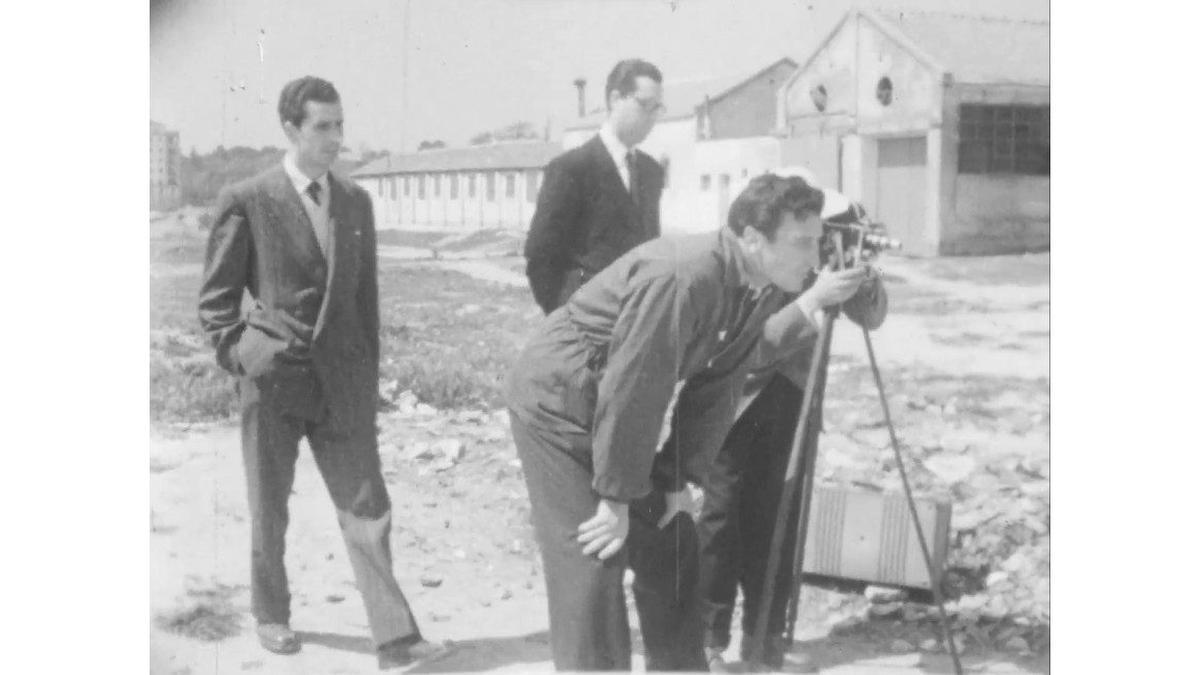
In a momentous victory that transcends the boundaries of cinema, Kani Kusruti, the lead actor in Payal Kapadia’s film “All We Imagine As Light,” has declared the film’s Grand Prix victory at the Cannes Film Festival not just a win for its cast and crew, but for countless women in India who have yet to receive the spotlight they deserve.
Last Saturday marked a watershed moment in Indian cinema when Kapadia became the first Indian filmmaker to clinch the Grand Prix, the second-highest honor at Cannes, for the film “All We Imagine As Light.” The Palme d’Or, the festival’s most coveted prize, went to American director Sean Baker’s “Anora” at the 77th edition of the film festival.
This film had already garnered significant attention as the first Indian entry in the European gala’s main competition in three decades. The last Indian film to achieve this was Shaji N Karun’s Malayalam film “Swaham” in 1994. This historic context heightened the emotional gravity of the moment for Kusruti, who described her own overjoyed tears during the ceremony.
Kusruti candidly shared her feelings in an interview with PTI, describing the win as “surreal” and simultaneously acknowledging a broader significance. “It feels surreal … That feeling that it was historic for her to receive the Grand Prix … I was extremely happy at that time. I almost couldn’t believe it happened. On the stage, I felt it was Payal’s win but at the same time somehow I was also reminded of all the women who never got the opportunity to showcase their talent, who we haven’t recognized in life,” Kusruti expressed. “I felt like this was for all the women in India who have not been able to be on that stage,” she added.
The movie “All We Imagine As Light” features Kusruti as Prabha, a nurse in Mumbai whose life sees an upheaval following an unexpected gift from her estranged husband—a rice cooker.
. The film also stars Divya Prabha as Anu, Prabha’s roommate and colleague, who struggles to find private moments with her boyfriend. Another crucial character is Parvati, Prabha’s best friend played by Kadam, who is a widow facing eviction by property developers.
When queried about how the prestigious win might change her career, Kusruti, 38, took a grounded stance. “I don’t think any change will happen in my career and that’s not how a change should happen in an actor’s life,” said Kusruti, who is known for her roles in the 2020 award-winning Malayalam film “Biriyaani” and the web series “Maharani” and “Poacher.”
Kusruti had to rush back to Kochi soon after the award ceremony, missing the chance to fully savor the moment with her team, as she had to commence shooting for a Malayalan web series “Eyes” with director Manu Ashokan. “I would have liked to spend one-two more days with the team. Really wanted to share the happiness so I quite miss a lot of them. I’m waiting for Divya to come back to Kochi and spend some time with her,” she stated.
The film received an eight-minute standing ovation at Cannes, a testament to its resonance with international audiences. Beyond the euphoric applause, “All We Imagine As Light” garnered critical acclaim from the international press, reinforcing its singular impact among Indian films in recent memory.
Oscar-winner Resul Pookutty lauded the achievement, underscoring that the mainstream Indian film industry had no influence on Kapadia’s accomplishment, highlighting its independent spirit. Kusruti echoed this sentiment, noting that the film struck a chord mainly with audiences in France and other parts of the world where cinephiles actively seek diverse cinematic voices at such international festivals. “The film has the characters go through emotions that are extremely personal but it also resonates with everybody in the world. The audience for films who seek out all kinds of films at festivals will naturally resonate with them,” she explained.
Kusruti also praised the collaborative efforts behind the film, giving kudos to Kapadia’s poetic and subtle script, as well as the work of cinematographer Ranabir Das and film editor Clement Pinteaux.
In sum, while “All We Imagine As Light” stands as an emblem of creative excellence, its victory at Cannes holds far deeper meaning, casting a spotlight on the untapped and often unrecognized reservoir of female talent in India. Through celebratory moments like these, Kusruti and her team hope to inspire and pave the way for countless other women whose stories and talents await their own time to shine on the global stage.










